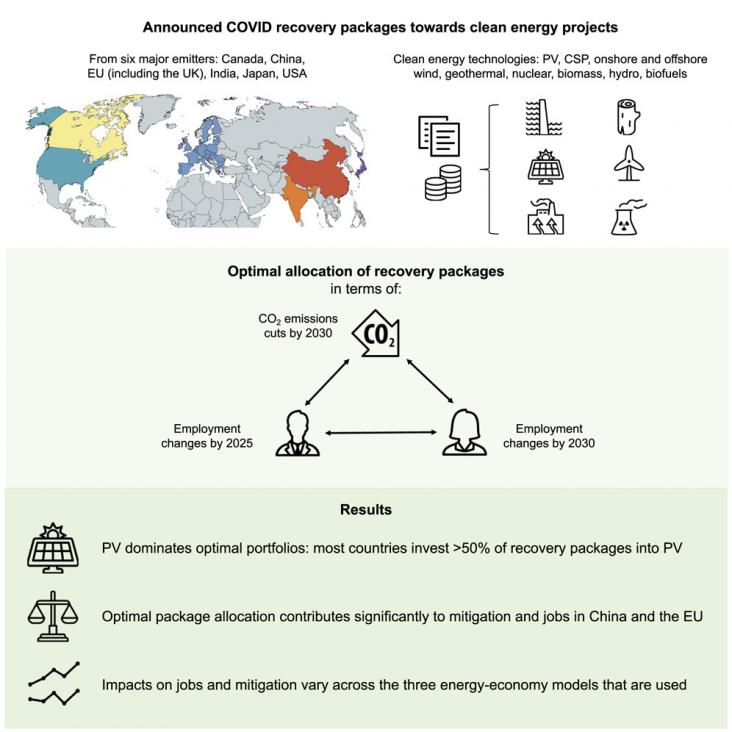Background: Identifying how greenspace impacts the temperature-mortality relationship in urban environments is crucial, especially given climate change and rapid urbanization.
Future sustainable food systems should more efficiently use natural resources and reduce food waste.
Obstetrician gynecologists, have a patient population that is more vulnerable to the negative impacts of climate change, and issues surrounding fertility and reproduction have not only immediate implications but also implications for future generations. It is only fitting that obstetrician gynecologists take the lead in advocating for safer and greener practices in the OR, hospital, and healthcare industry.
This chapter advances UN SGD goals 11 and 13 by providing introductory knowledge on urbanization trends and their implications in the context of global environmental change, as well as highlighting major challenges to be addressed and the need for disruptive smart solutions.
This chapter advances UN SGD goals 11 and 13 by introducing the concepts of climate change adaptation and mitigation and depicting the scale of challenges that need to be addressed.

This article supports SDGs 8, 7, and 13 by incorporating investment portfolio analysis into three different energy-economy models to examine the climate employment co-benefits of green recovery packages in six major emitting regions.
Edible macroalgae (i.e., ‘seaweeds’) are a nutritious and sustainable alternative to animal-based proteins.
This Article supports SDG 11 by investigating the impact of environmental sustainability in a developing nation (South Africa) through information and communication.
Elsevier,
Current Developments in Biotechnology and Bioengineering: Microplastics and Nanoplastics: Occurrence, Environmental Impacts and Treatment Processes, 2023, Pages 387-403
This chapter aligns with Goal 6: Clean water and sanitation, Goal 13: Climate action, and Goal 14: Life below water by providing an overview of the state of knowledge of interactions between climate change and MPs/NPs.
The anticipated effects of climate change on microbial food safety are both direct (e.g., on microbial prevalence) and indirect (e.g., increased risk of floods on water microbial contamination). This paper highlights the necessity to build a quantitative framework to evaluate the effects of climate change on microbial food safety.
